Advancing Early Detection of Lung Cancer: A Call to Action
Understanding the Impact of Lung Cancer
Lung cancer is a devastating diagnosis affecting one in six Americans and remains the leading cause of cancer deaths in the U.S. Its toll surpasses that of colorectal, pancreatic, breast, and prostate cancers combined. Early detection is crucial, with screenings available, recommended, and often covered by Medicare and most private insurers for high-risk individuals over 50, smokers, and those exposed to occupational hazards.
The Importance of Lung Cancer Screenings
Screening Rates
Only 5.8% of the eligible 14.2 million people have been screened for lung cancer as of 2021, pointing to a significant gap in preventive healthcare.
Despite the availability of lifesaving screenings, only 6% of high-risk individuals undergo annual tests. The barriers to screening include:
Lack of awareness about personal risk factors
No primary care physician to provide referrals
Uncertainty regarding insurance coverage
Being uninsured or underinsured
Misconceptions about the necessity of screenings
Confusion about where to get screened
Additionally, current screening criteria based on age and smoking history exclude many who might still be at risk due to genetic, biological, or environmental factors. Broadening these criteria could significantly enhance early detection and save lives.
Cizzle Bio, Inc.'s Commitment to Early Detection
At Cizzle Bio, Inc., we are pioneering efforts to improve early lung cancer detection with our innovative CIZ1B biomarker test. This advanced diagnostic tool detects lung cancer at its earliest stages, offering a vital opportunity for early intervention and treatment. Our research is focused on incorporating a wider array of risk factors, beyond the conventional criteria.
We collaborate with top research institutions and healthcare providers to keep our diagnostic methods at the cutting edge of technology. Our mission is to make early detection more accessible and inclusive, potentially saving countless lives through timely diagnosis and treatment.
Get Involved and Stay Informed
For more information about our groundbreaking work and how you can benefit from early lung cancer detection, visit The Science page of our website and connect with us on LinkedIn.


